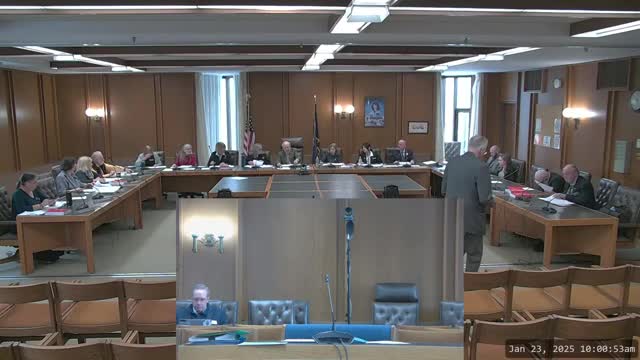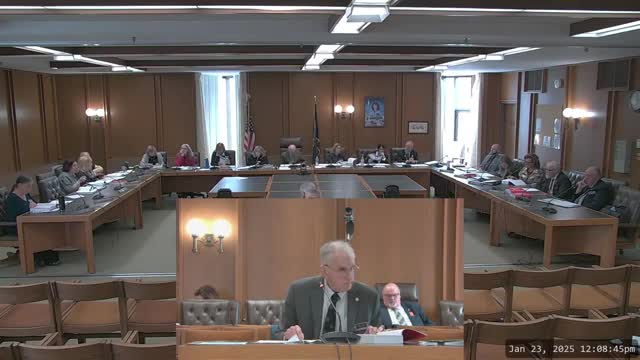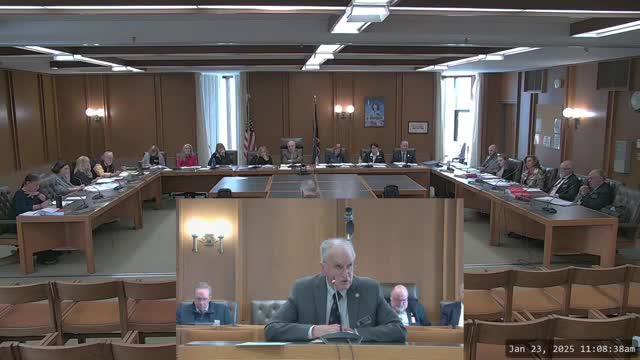Article not found
This article is no longer available. But don't worry—we've gathered other articles that discuss the same topic.

Panel weighs HB90 to let college faculty teach limited hours in high schools for concurrent enrollment

Committee hears bill to let state require passing scores for initial teacher licensure, with CTE carve-outs

Committee hears HB131 to push local boards to ban personal phone use during instruction; Pelham district reports smoother classrooms

Lawmakers consider study of consolidating school administrative units to seek efficiencies

